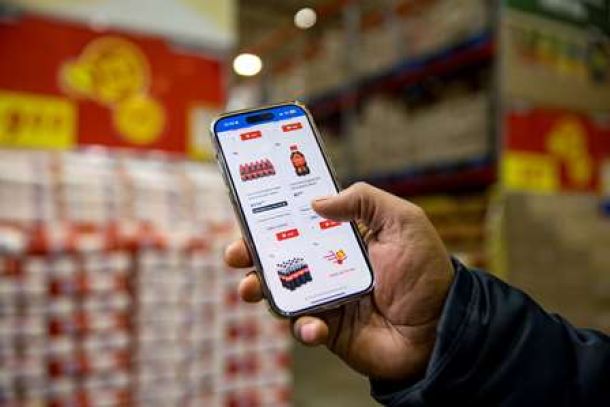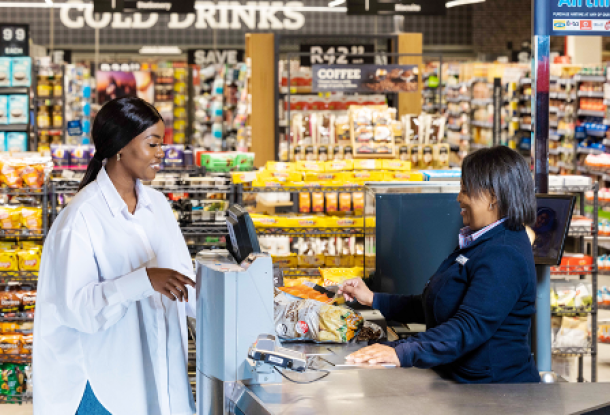Why the fake meat market could reach R3.5trn in 20 years
The alternative meat market is poised to rise to $240bn (around R3.5trn at current rates) over the next two decades as new technologies gain ground and consumers change their diets, according to financial services company Jefferies.
The great "protein shake-up" could see faux meat reach 9% share of the estimated $2.7trn global meat market by 2040, analyst Simon Powell forecasts, from less than 1% now.
The size of the plant-based meat market has been one of the biggest debates in the food industry recently, with estimates ranging from between $10bn (R146bn) and $40bn (R585bn) to as high as $140bn (over R2trn).
Plant-based meats, like the one produced by Beyond Meat, are currently leading the category but lab-created "cellular" meat could overtake its plant-based counterpart, Powell said.
"The cellular-based alternative industry has the potential to grow fast off a small base and could quickly start mass producing real meat if it can reduce costs and industrialise the current lab-based approach," he wrote.
Eye-popping valuations
Rising estimates for the faux-meat market are one way to justify the eye-popping valuations for its producers. Beyond Meat, for example, commands a valuation of $9.7bn, or 110 times its 2018 sales. Its closely-held peer, Impossible Foods, is valued at $1.52bn, with revenues estimated at $110m in 2018, according to data compiled by PrivCo.
Investments in lab-created meat companies have trailed their plant-based peers as commercial products have yet to emerge. Private cell-based meat firms received $50m in new investments last year, according to data compiled by Good Food Institute, compared to more than $500m for plant-based food producers.
Meat tax?
While taste, costs and ingredients will ultimately differentiate the products, both categories stand to disrupt the large global meat market, Jefferies’ Powell said. Other catalysts for alternative meat’s rise includes a potential meat tax, now being discussed in some countries, and the pork crisis in China, he noted.
So far, existing products enjoy broad support from consumers, separate research by Bank of America showed. "There is strong interest and repeat purchase intent for plant based proteins," analysts led by Bryan Spillane wrote. "Established food companies will need to ramp product development and build brand authenticity to catch up to ‘Beyond’ and ‘Impossible’."
News Category
- International retailers
- On the move
- Awards and achievements
- Legislation
- Wine and liquor
- Africa
- Going green
- Supplier news
- Research tools
- Retailer trading results
- Supply chain
- Innovation and technology
- Economic factors
- Crime and security
- Store Openings
- Marketing and Promotions
- Social Responsibility
- Brand Press Office
Related Articles

Two local businesses see a gap as food and groc...

SARS launches WhatsApp channel to help check ta...

Shoprite launches online shopping and bulk deli...

Sixty60 promises lightning-fast delivery of 10 ...


